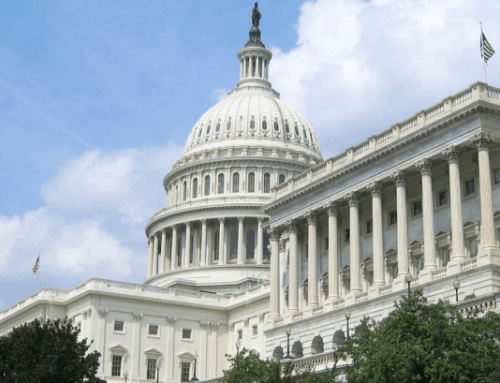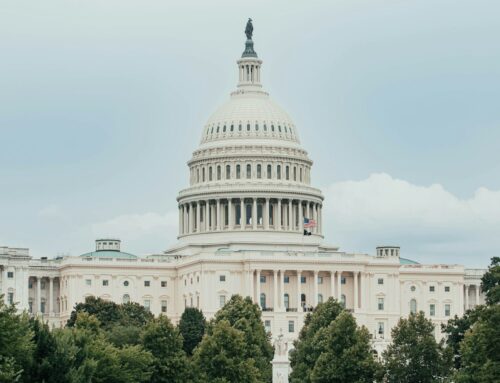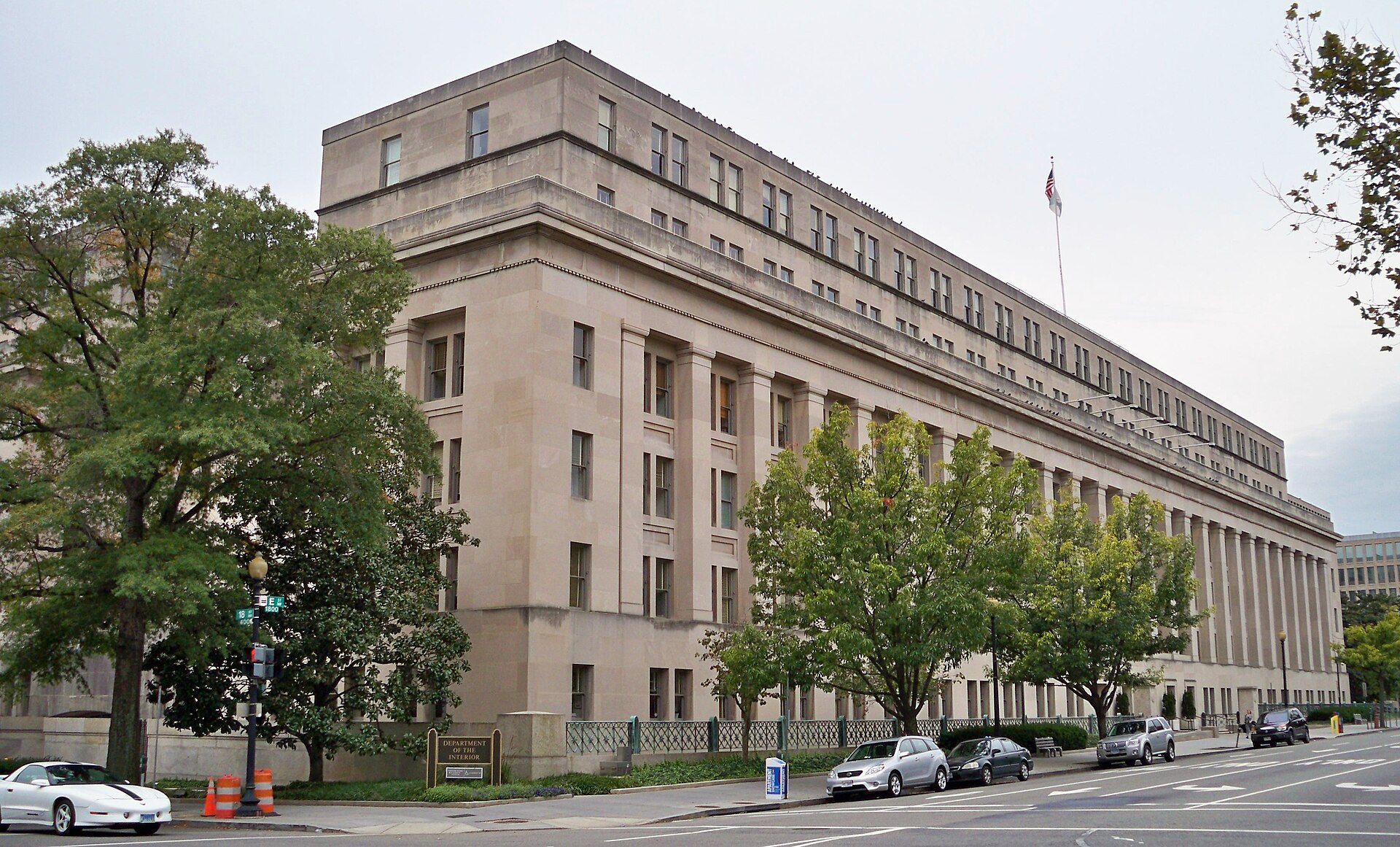
Summertime is here. That means it’s the legislative spending season for Congress. Every year, Congress is supposed to pull out the check book and pass a set of 12 bills that determine where our tax dollars will be spent during the coming year. In theory, each bill should be considered separately – to allow for thoughtful consideration of priorities in different parts of the government. They‘re also supposed to be wrapped up, ready to go with a bow on top by the end of the government’s fiscal year on September 30. But that hasn’t happened in more than two decades.
This year, with only six work weeks left before the extended summer break (to allow for political conventions) all signs point to yet another year of inaction and, eventually, some last minute stop-gap spending measures: a Continuing Resolution (CR) that simply extends last year’s budget; and/or an omnibus spending bill that wraps all (or most) appropriations bills together into one massive, unreadable Christmas tree bill. For reasons you might suppose, sometimes these rubber stamp CRs, or massive omnibuses don’t attract enough support to pass, which then leads to the always-fun, 11th hour government shutdown. Let the good times roll!
To be fair, the appropriations process is difficult and messy. Just ask former Speaker of the House John Boehner (R-OH). After Rep. Boehner stepped down, largely because he could not satisfy everyone in his caucus, Speaker Paul Ryan (R-WI) stepped forward, promising to return the House of Representatives to so-called “regular order,” where committees send legislation to the floor and amendments are freely offered and voted on. “I know this sounds like process. It’s actually a matter of principle,” said Rep. Ryan at the time. Easier said than done.
Whether they’re about the nuclear deal with Iran, the Confederate flag, or LGBT discrimination, “regular order” has meant the introduction of highly divisive amendments between (and within) the parties. The idea that appropriations bills are “must-pass” has been scuttled again and again. This year, Congress has not even adopted a budget resolution, which is meant to guide the appropriations process by setting spending targets for the various appropriations committees. Add in new controversial issues like funding to combat the Zika virus and the debt crisis in Puerto Rico, and it should come as no surprise that House Appropriations Committee Chairman Hal Rogers (R-KY) has said scrapping regular order for spending bills “will be considered.”
Here’s the problem: Congress suffers from too little regular order, not too much. Most pieces of legislation in the House are brought to the floor through the Rules Committee, which has the power to weed out any amendments from either party the leadership does not want to go to the floor. This was one of the biggest issues for Republican members of the conservative Freedom Caucus who helped usher Speaker Boehner to the door. Limiting the practice of allowing open amendments to only a handful of bills means everyone has fewer opportunities to offer them, so the appropriations bills become free-for-alls. With predictable results.
Although hating Congress seems to be a favorite American pass-time, we need Congress to work. As so many members of Congress like to say, our Constitution gave Congress the ‘power of the purse.’ Congress can’t lay blame on this President or any President for our fiscal woes. One of its most basic functions is allocating federal tax dollars in yearly spending bills, and Congress has failed at this both because it cannot manage its own procedures, and because its leadership has not been able to lead people on both sides of the aisle to work together. Speaker Ryan and the rest of the Republican leadership seem to be at a decision point about how to restart the appropriations process. But further clamping down on the ability to offer and debate amendments could make the problem worse, not better. Full, open debate, and compromise is what Congress is elected to do.










